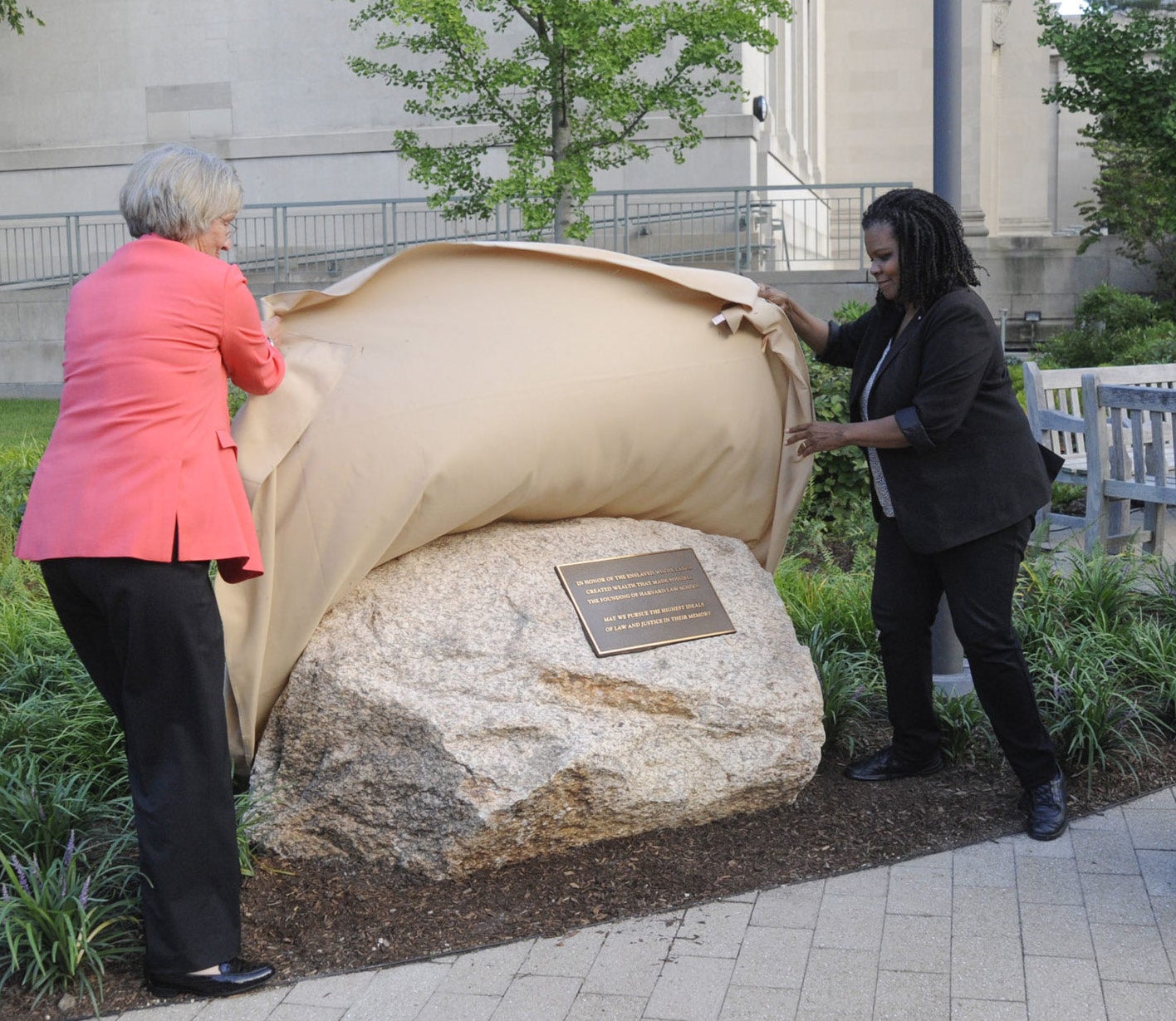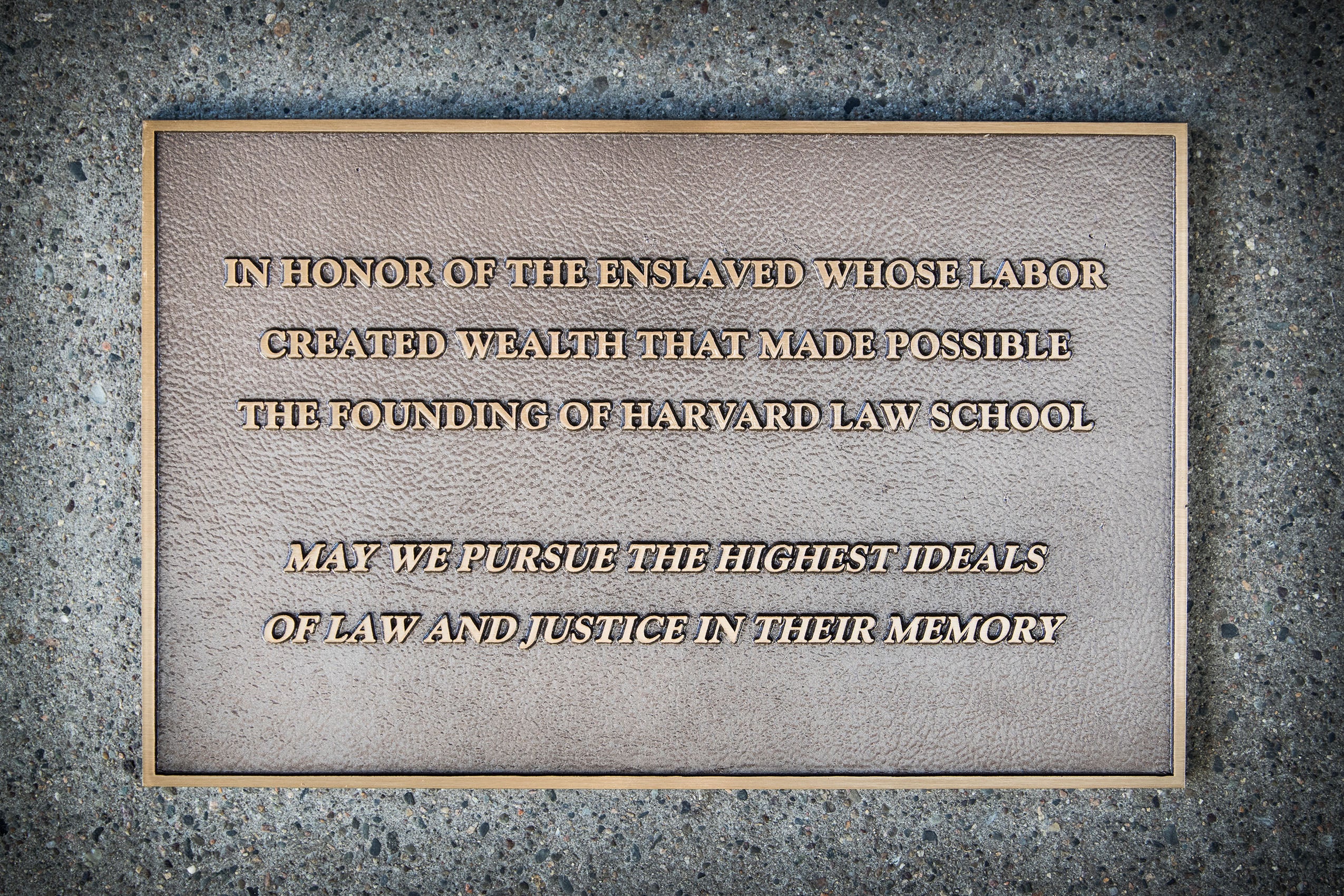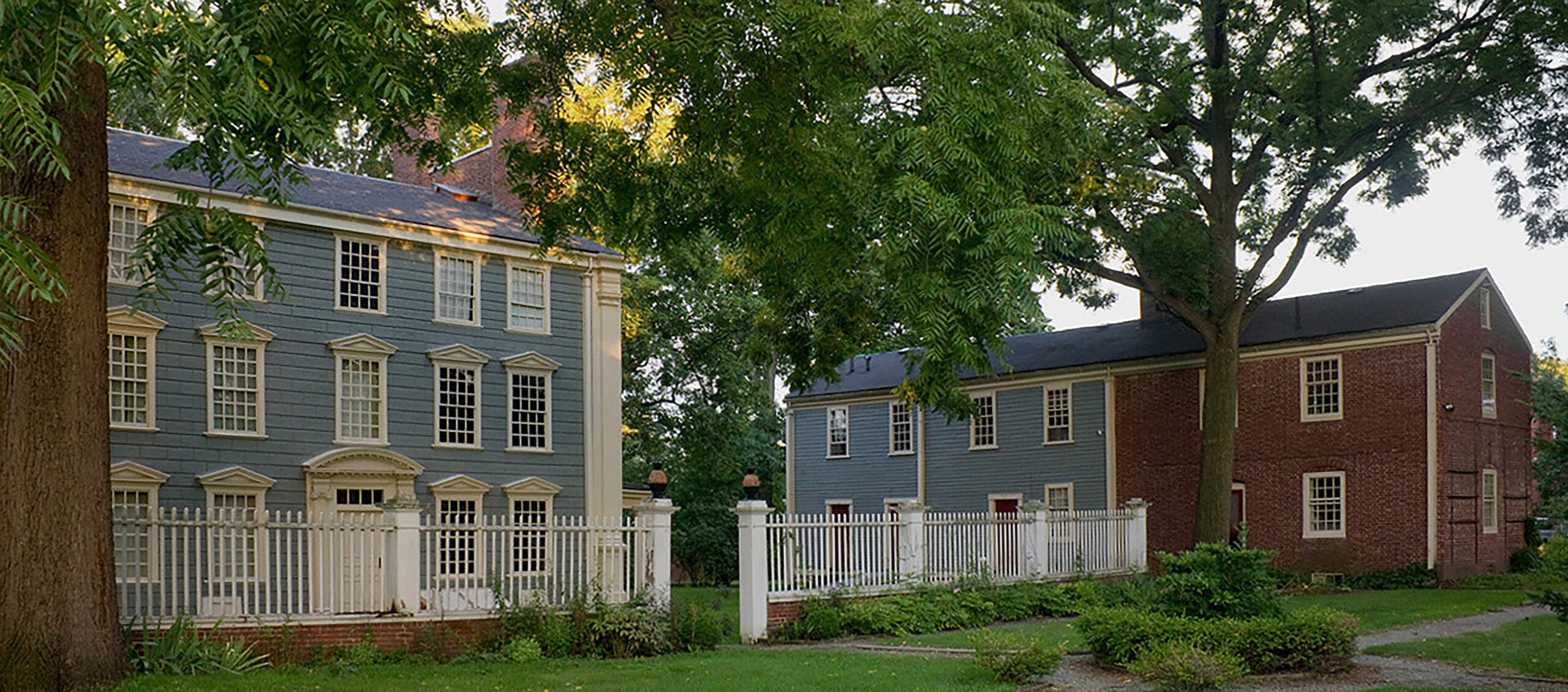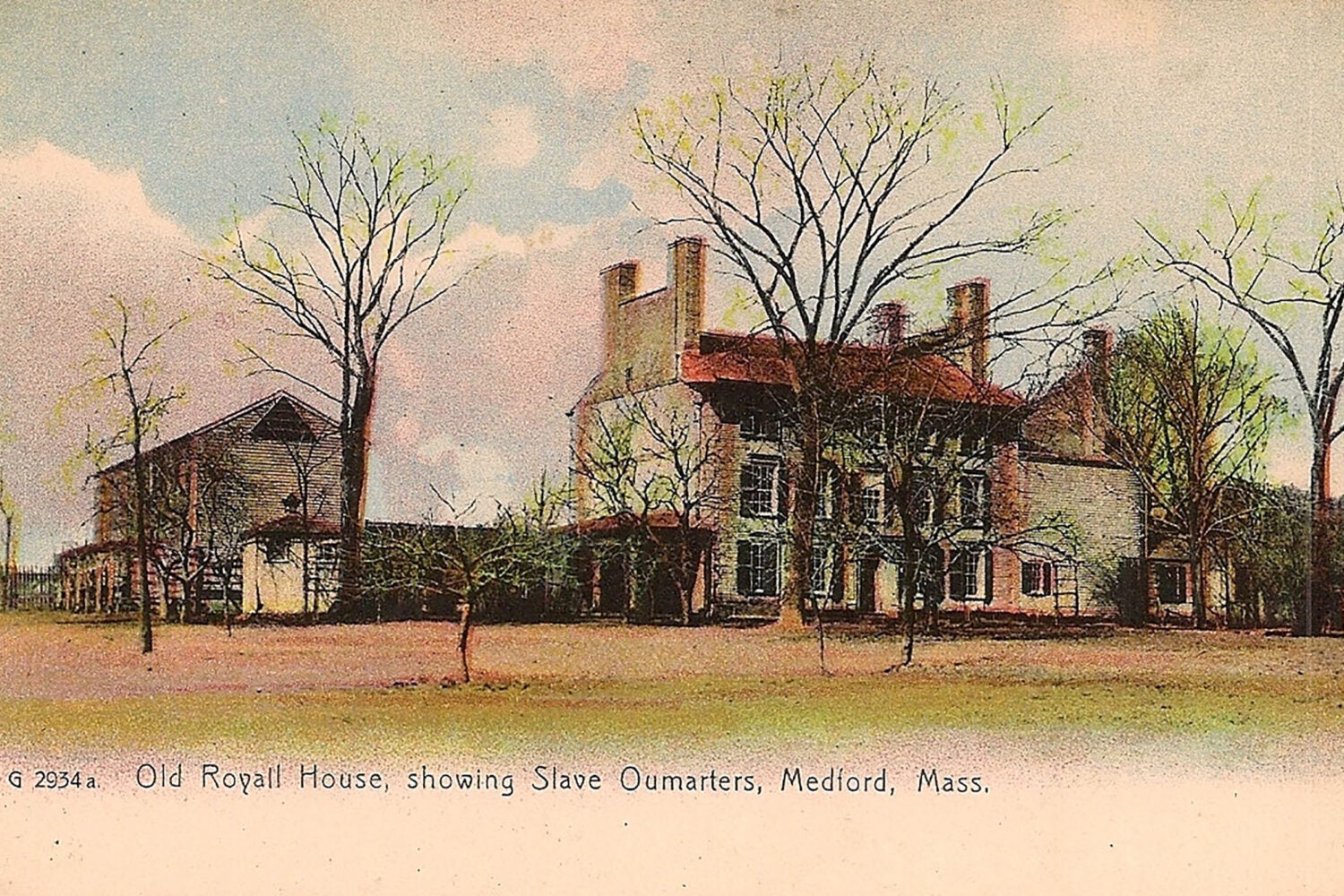Harvard University and the Royall House and Slave Quarters in Medford, Massachusetts today announced a cooperation agreement to strengthen their collaboration on future research and educational programming. Harvard Law School also announced that it will provide a gift of $500,000 in financial support to the Royall House and Slave Quarters to help fund its staffing, operational, preservation, and other needs and to support the development of new community programming. In addition, Harvard Law School and the Harvard University Faculty of Arts and Sciences, particularly its Charles Warren Center for Studies in American History, noted that they will work with the Royall House and Slave Quarters to create additional opportunities for Harvard students and other members of the University community to visit the museum for reflection, learning, and research.
A 1781 bequest to Harvard College from Isaac Royall Jr., who earned his wealth from the labor of enslaved people, helped establish Harvard Law School. Royall’s donation funded a professorship that was ultimately transferred to, and contributed to the development of, the fledgling law school in 1817.
“Our community has for a number of years grappled with the painful history associated with the Law School’s founding,” said John F. Manning ’85, the Morgan and Helen Chu Dean and Professor of Law at Harvard Law School. “Our work with the Royall House and Slave Quarters will help us continue together to acknowledge, learn from, and share with others our complicated history, to honor and commemorate the enslaved people whose labor generated wealth that contributed to the establishment of our law school, and to better understand and address the ongoing legacy of slavery in today’s society.”


“To understand contemporary society, we all must contend with the history of slavery and the institutions it founded and shaped in our own backyards,” said Kyera Singleton, the Executive Director of the Royall House and Slave Quarters. “Harvard Law School’s investment in our museum and our mission will help us continue to make the history of northern slavery accessible. It is essential to me that our museum not only gives people the tools to reckon with the past, but also to explore how the legacies of slavery impact communities, particularly Black communities and communities of color, today.”
The Royall House and Slave Quarters functions as a site of memory. In the eighteenth century, the plantation was home to the Royalls, the largest slaveholding family in Massachusetts, and at least sixty enslaved women, men, and children whose forced labor helped build the Royall family’s wealth. As one of the only remaining freestanding quarters, where enslaved people lived and worked in the North, the museum bears witness to their lives, to the intertwined stories of wealth and bondage in pre-Revolutionary Massachusetts, and to the resistance and political and legal activism of enslaved and free Black people in the 18th century.

The cooperation agreement and donation announced today follow the release by Harvard University of a report on Harvard and the Legacy of Slavery, which recounts in detail the many ways Harvard University participated in, and profited from, slavery, as well as the long and painful history of discrimination against Black people by the University long after slavery was abolished by the 13th Amendment.
In addition to the steps the University is taking to implement the report’s recommendations, Harvard Law School has announced several initiatives to commemorate and honor the enslaved people whose labor generated wealth that contributed to the School’s founding and to better understand the legacy of slavery and the unfinished work of advancing racial justice.
The Law School is currently in the process of creating a meaningful, central convening space and commemorative installation on its campus that will pay tribute to Belinda Sutton and other enslaved people who worked on the Royall estate. The School has already permanently retired the professorship chair funded by Royall’s original bequest.
HLS has also launched the Belinda Sutton Distinguished Lecture and Academic Conference series. The series, which is administered through the school’s Charles Hamilton Houston Institute for Race and Justice, features speakers and topics that help advance the understanding of the legacy of slavery and expropriation and the ongoing pursuit of racial justice.
At the inaugural Belinda Sutton Distinguished Lecture on November 14, Martha Jones, the Society of Black Alumni Presidential Professor, Professor of History, and Professor at the SNF Agora Institute at Johns Hopkins University, chronicled her journey into her family’s ties to slavery and to Harvard.
